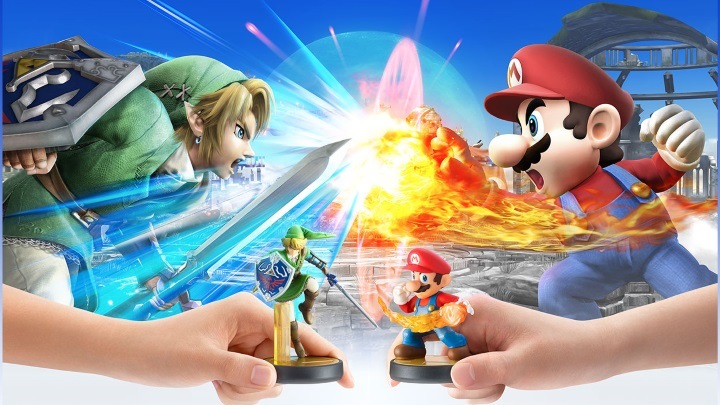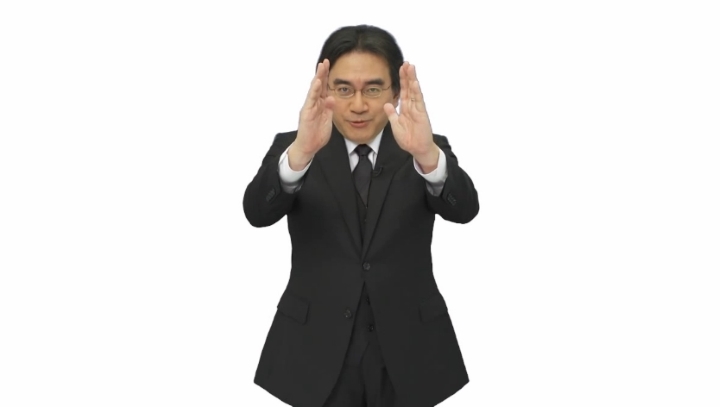On July 13, a flag (with the word “Nintendo” written on it) was flying at half-mast outside the Japanese company’s Kyoto headquarters to mourn the death of Satoru Iwata, who had been the company’s president since 2002.
Iwata took Nintendo’s helm at a rather difficult time for the company, when its disappointing Gamecube was being edged out of the market by Sony’s megahit console, the PS2. But Iwata took Nintendo in a new direction and came up with the revolutionary Nintendo DS, a handheld console with a touch screen that became one of the best-selling entertainment devices in history: more than 150 million units were sold since its debut in 2004. The touch screen was a novel feature at the time, and made the DS desirable to the masses.
Later, in 2006, Nintendo faced really tough competition from Sony and Microsoft, two heavyweights with really deep pockets who were enjoying the success of their PS3 and Xbox 360 consoles. But Iwata found a way to one up Microsoft and Sony and came up with the Wii. It was a console for everyone, with its single-handed motion controller and casual games like Wii Sports, which are amongst the best-selling of all time.
Iwata was something of an unconventional president, being the first Nintendo chief executive who was not a member of the founding Yamauchi family. And he also stood out for his warmth and approachability, and his surprising reluctance to consider laying off employees when things turned sour at Nintendo after the launch of the ill-fated Wii U. “I sincerely doubt employees who fear that they may be laid off will be able to develop software titles that could impress people around the world”, he famously said.
But despite the Wii U’s misfortunes, other successes during Iwata’s tenure made up for that. The Amiibo figurines were a smash hit, making Nintendo a strong player in the toy market. A deal with mobile gaming company DeNa to bring Nintendo games to mobile phones was certainly a promising step forward. And Nintendo’s announcement that a new console (codenamed NX) was in the works certainly gave gamers and Nintendo fans something to look forward to.

Under Iwata’s leadership, the Amiibo figurines were a smash hit. Will the NX console make up for the disappointment the Wii U was?
But despite Iwata’s business savvy, it was his warmth and closeness that made him so revered in the gaming industry: his Iwata Asks interviews and Nintendo Direct features had certainly become legendary. His Nintendo Direct YouTube broadcasts in particular, in which he personally delivered news to gamers, allowed him to connect personally with the average gamer, something unprecedented for someone leading one of the world’s most important entertainment companies.
But above all, Iwata was a gamer. Unlike Nintendo’s historic president Hiroshi Yamauchi, who was an all-out businessman, Iwata started out at Hal Laboratories, a game developer that worked closely with Nintendo. There he helped create iconic characters such as the much-loved Kirby.
And Iwata leaves behind a legacy that not only includes Kirby, but also the best-selling and ground-breaking Nintendo DS and Wii consoles, the Amiibo figurines, as well has his friendly and unique approach to managing Nintendo, the world’s most famous and beloved video game company. And despite looking like your average executive, it was clear to all that Iwata was a gamer at heart. As he himself famously stated at the 2005 Game Developers Conference: “On my business card, I am a corporate president. In my mind, I am a game developer. But in my heart, I am a gamer.”
Nintendo Direct YouTube broadcast
SOURCE: GameSpot

